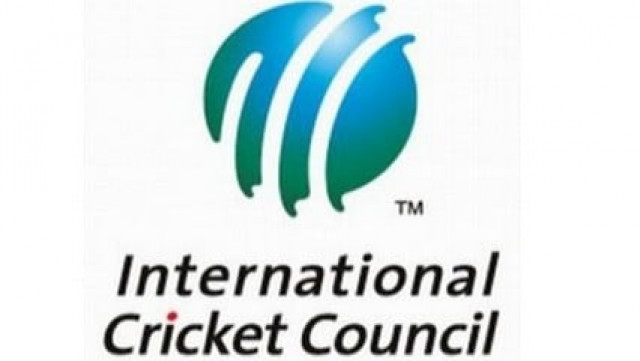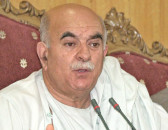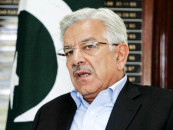ICC adopts 'whereabouts' drug rules
The International Cricket Council (ICC) has adopted the 'whereabouts' drug-testing procedure.

The new rules will come into force on August 1 and have the support of the Word Anti-Doping Agency (WADA). In athletics, where the system was pioneered, the whereabouts rule, which requires competitors to give three months' notice of where they will be for an hour each day so they can be tested, has proved controversial.
Some athletes complained they could not know for certain where they would be that far in advance but, with the international cricket calendar revolving around series that have long been arranged, the ICC has signed up to the rule. "The ICC whereabouts rules will strengthen our out-of-competition testing programme as we strive to ensure cricket remains drug-free," Haroon Lorgat, the ICC's chief executive said in a statement.
Now the ICC plans to establish an international registered testing pool (IRTP) of players who will be required to submit their 'whereabouts' information in accordance under WADA rules as well as a national player pool (NPP), for whom other 'cricket whereabouts' information will be provided.
"After a long and thorough process, we now have a tough and practical set of rules that will support our zero-tolerance approach to doping in our great sport," Lorgat said. "Our next steps are to educate the relevant players and administrators so that they understand their responsibilities under the new rules followed by 'live' implementation shortly thereafter," the South African added.
WADA director-general David Howan said: "The World Anti-Doping Agency congratulates the International Cricket Council for agreeing its new 'whereabouts rules'. "It is another sign from cricket's governing body that it is serious about protecting the integrity of the sport."
Although cricket has not been blighted by doping to the same extent as other sports such as athletics and cycling, it has had its share of drug scandals. For example, Pakistan quick Mohammad Asif, playing in the ongoing first Test against Australia here at Lord's, tested positive for the banned steroid nandrolone in 2006 and then received another one-year doping ban in 2008.



















COMMENTS
Comments are moderated and generally will be posted if they are on-topic and not abusive.
For more information, please see our Comments FAQ